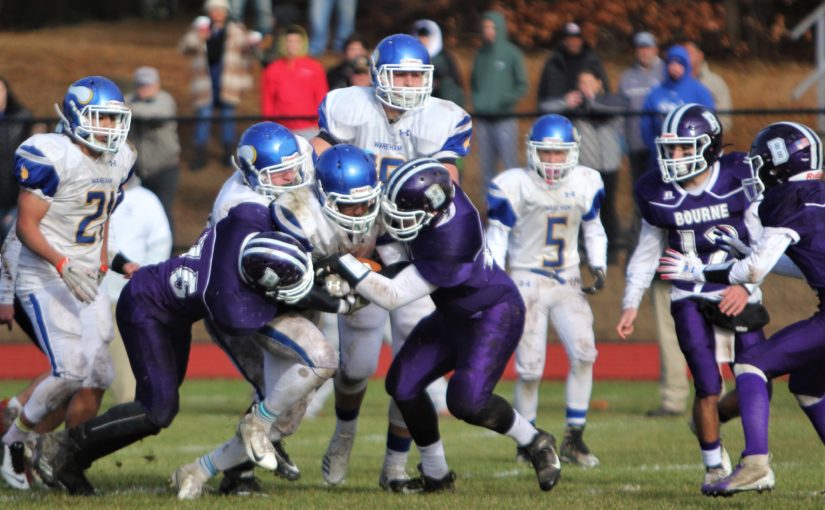Jan 25, 2021Study: Lack of Sleep, Stress Can Lead to Concussion-Like Symptoms
A recent study suggests that many people may be going through life with concussion-like symptoms despite never suffering a concussion. Furthermore, the study suggests that student-athletes recovering from a brain injury should be assessed and treated on a highly individualized basis.
This study, published last week in the journal Sports Medicine, was conducted by the Concussion Assessment, Research and Education (CARE) Consortium established by the NCAA and U.S. Department of Defense. The study’s lead author Jaclyn Caccese, assistant professor in The Ohio State University School of Health and Rehabilitation Sciences Caccese completed the research while she was a Ph.D. student and postdoctoral researcher at the University of Delaware, a consortium member institution.

The national study saw nearly 31,000 student-athletes surveyed from four U.S. military service academies as well as NCAA student-athletes from 26 U.S. collegiate institutions.
They found between 11 and 27 percent of healthy college student-athletes with no history of recent concussions reported combinations of symptoms that met the criteria for post-concussion syndrome (PCS). The three factors that stood out amount the results as most likely to predict PCS-like symptoms were lack of sleep, pre-existing mental health problems, and stress.
Additionally, between one-half and three-quarters of respondents reported one or more symptoms commonly experienced by people who’ve had a concussion — the most common being fatigue, low energy, and drowsiness.
“The numbers were high and were consistent with previous research in this area, but it is quite shocking,” Caccese said. “These are elite athletes who are physically fit, and they are experiencing that many symptoms commonly reported following concussion. So looking across the general population, they’d probably have even more.”
“When a patient comes into a clinic and they are a month or more out from their most recent concussion, we need to know what symptoms they were experiencing before their concussion to know if their symptoms are attributable to their concussion or something else. Then we can start treating the concussion-related symptoms to hopefully help people recover more quickly,” Caccese said.
» ALSO SEE: The Benefits of Athletes Practicing Yoga
Statistical analyses showed which factors in athletes’ medical histories were most closely associated with reports of symptoms that aligned with PCS criteria. Among cadets, 17.8% of men and 27.6% of women reported a cluster of symptoms that met PCS criteria. Among NCAA athletes, 11.4% of men and 20% of women reported combined symptoms that mimicked the PCS criteria.
For both groups, sleep problems – and particularly insufficient sleep the night before the test – and pre-existing psychiatric disorders were the most predictive conditions, and a history of migraines also contributed to symptoms that met PCS criteria. In cadets, academic problems and being a first-year student increased odds of having symptoms that met PCS criteria, and in NCAA athletes, a history of ADHD or depression contributed to meeting PCS criteria.
To read the full study on NCAA student-athletes reporting symptoms of a concussion despite not suffering one, click here.



